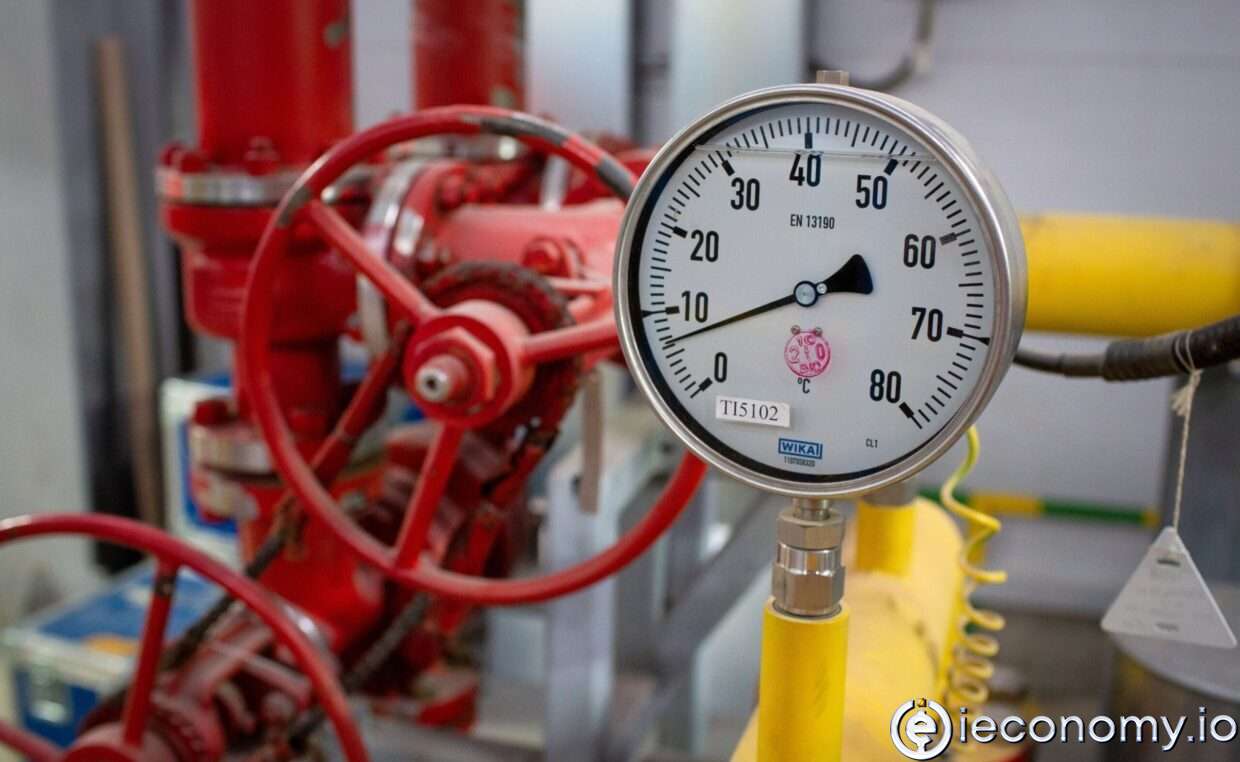9790
0
Russia has offered the rapid certification of the Nord Stream 2 gas pipeline
Russia has offered the rapid certification of the Nord Stream 2 gas pipeline. Russia is refraining from increasing supplies.

Yazar: Tom Roberts
Yayınlanma: 10 Ekim 2021 00:10
Güncellenme: 3 Mart 2026 01:39
Russia has offered the rapid certification of the Nord Stream 2 gas pipeline
Gas prices are rising sharply and governments in the European Union are worried about their impact on rising living costs. In this situation, Russia has offered a solution - the rapid certification of the recently completed Nord Stream 2 gas pipeline, which will transport Russian gas across the Baltic Sea to Germany and further to the EU. But this statement by Russian Deputy Prime Minister and Minister of Energy Alexander Novak will certainly not allay the Union's fears that the energy crisis is playing a carat in Moscow. The Kremlin and the Russian gas company Gazprom deny that they would play any role in the supply crisis and in the rise in gas prices in Europe, which are about eight times higher than a year ago. However, some European officials and energy experts claim that Moscow is refraining from increasing supplies. Russia's energy crises are nothing new for Europe. In January 2009, Russia halted supplies to at least 18 European countries due to a dispute with Ukraine over alleged non-payment for gas. Moscow is portraying new gas pipelines, including Nord Stream 2, as a way to strengthen the EU's energy security. However, the US and Ukraine have long warned that they could instead give Moscow even more power. Gazprom changed its gas transport to Hungary last week. Instead of via Ukraine, he chose the so-called southern route across the Black Sea to Turkey, Serbia and Hungary. This provoked a furious reaction from the government in Kiev, according to which it is a violation of the previous agreement and should lead to sanctions by the USA and Germany. Kiev fears that Russia will use a wider network of gas pipelines to stop transport through Ukraine, which will lose revenue from charges. And Kiev warned that it would allow Moscow to use gas supplies and their possible cessation as a diplomatic weapon. If true, the effectiveness of this weapon would be greatly enhanced by the current price crisis. The extent to which Russia actually contributes to the current rise in prices is debatable. European gas reserves are at a ten-year low.İLGİLİ HABERLER





European stocks soared and focus shifted to German retail sales after Powell's speech!

Forex Signal For TRY/USD: Inflation Slowdown in November.

Forex Signal For GBP/USD: Bullish Trend Still Not Breaking While Recovery Continues.

Forex Signal For EUR/USD: Starry US Data Points to Higher Fed Increases.

Forex Signal For BTC/USD: Downside Continues as Bitcoin Recovery Moves Less.
En Popüler Haberler
Yorum Yap
Yorumlar
Henüz yorum yapan yok! İlk yorumu siz yapın...